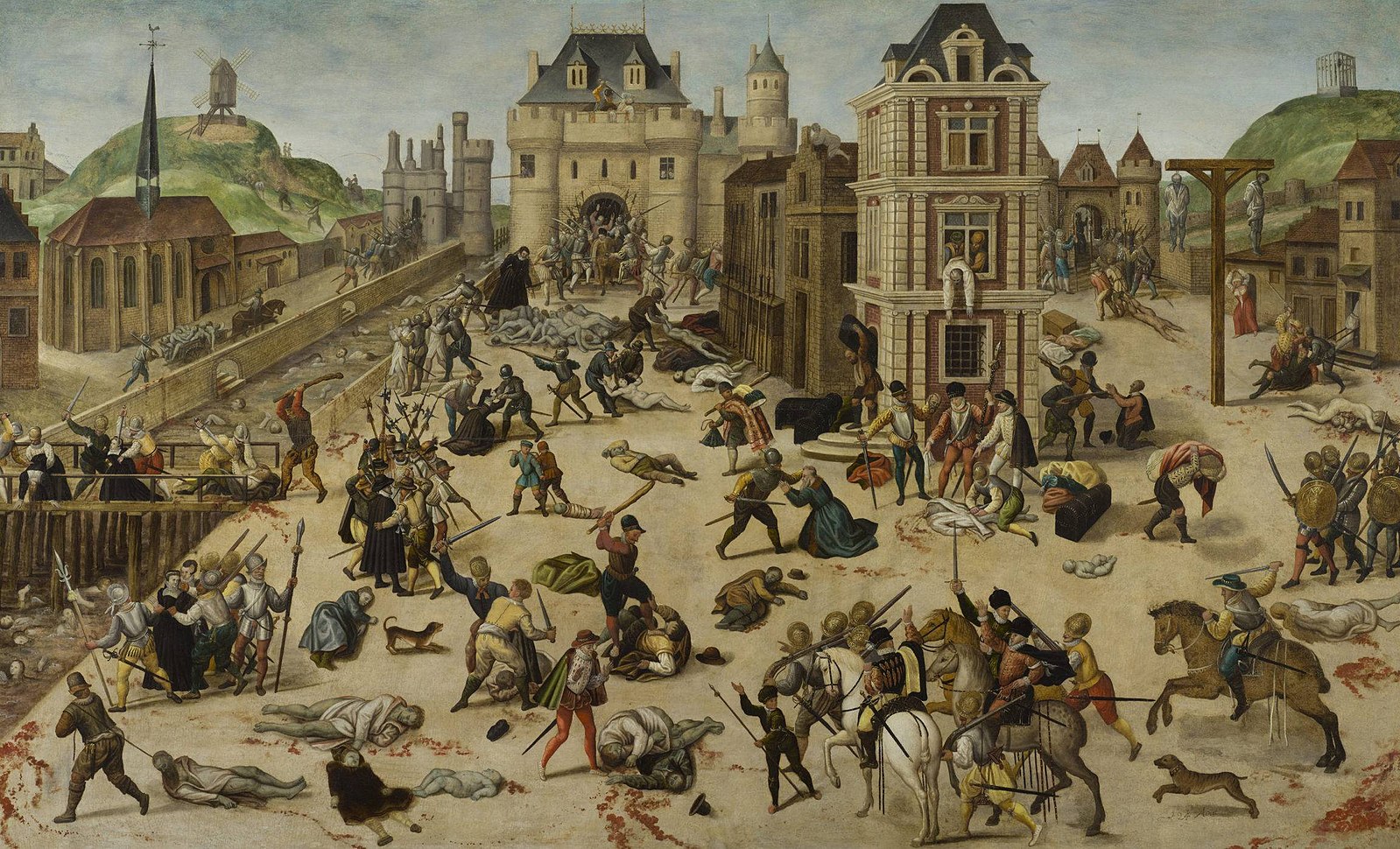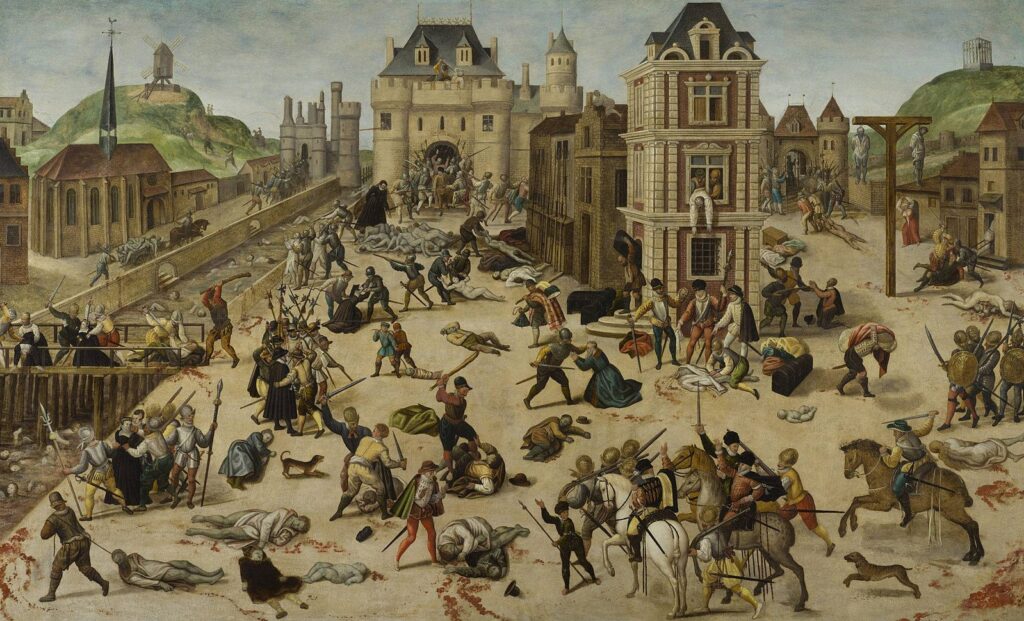Political Violence in Minnesota and Elsewhere
Political violence is violence for political reasons. More precisely and to avoid circularity, the difference between political violence and ordinary violence is that the former is motivated by resistance to, or promotion of, the imposition of some collective choices on others. For example, “the left” wants to impose redistribution (of money and other advantages of life) in favor of the poor; or “the right” wants to impose police-state surveillance and militarized police. This characterization is overly blunt, but the actual content of the left’s or the right’s policies does not matter as much as the imposition of some preferences and choices on others. Political violence results from conflicts about collective choices.
Imagine a very different system: a society with no collective choices. To make the model watertight, also assume that there is no demand for political choices: everybody is tolerant of what others do within some traditional and very general rules, such as “thou shall not kill nor steal.” All individuals want laissez-faire and accept its consequences. Even if you don’t think that such a state of the world can exist or remain stable, the thought experiment helps distinguish political violence from other sorts of violence. In this society, there would be violence, either common-law crimes or, at worst, the Hobbesian “war of all against all.” Some self-interested individuals steal and murder because they have a comparative advantage at using “the dark side of the force” (see my post “The Economics of Violence: A Short Introduction”). But there would be no political violence (except perhaps from those who fight for or against imposing a state). Political violence cannot exist without the “political.”
Butler Shaffer, a University of Miami law professor, used psychological theories to argue that one cause of violence in society is the political-legal system that imposes arbitrary restrictions on individuals’ non-coercive actions (see his “Violence as a Product of Imposed Order,” University of Miami Law Review 29 [1975]). Auberon Herbert, a British individualist anarchist, argued at the end of the 19th century that the terrorist revolutionaries of his time were the monstrous offspring of the state. Terrorism, he believed, was “the essence of government,” and the revolutionaries simply wanted to impose a different menu of collective choices (see my post “Terrorism as ‘the Essence of Government’”). From these viewpoints, politics, which is violence or threats thereof, naturally fuels violence.
Note how astute is the attempt by James Buchanan and his school of thought to avoid the dilemma between no collective choice at all (the anarchist’s ideal) and the violence of collective choices. He asks us to imagine a unanimous social contract to which all individuals agree because it represents a minimal set of rules that are in the interest of each and every individual (see his seminal The Limits of Liberty and my review of the book). At this unanimity level, but at this level only, politics is not coercion: it is free political exchange for the future production of “public goods.” One cannot speak of authoritarian intervention and government violence if the intervention is unanimously consented to.
Buchanan is deeply democratic in the sense that “each man counts for one.” Democracy is only desirable to the extent that it is an approximation of unanimity. The free society thus characterized is very different from the notion of self-government as an unlimited government by the majority, which we may call naïve democratism.
The more the individuals’ lives are structured by collective choices or the more intense is the demand for them, the more potential exists for political violence. The individuals who have not voted for, or do not agree with, the constraints imposed on them have reasons to resist and, under certain conditions, to resist violently. The fact that those who actually take action are often not the most intelligent ones does not change the general argument. Today’s “philosophical” or “reluctant” anarchists like Michael Huemer or Anthony de Jasay argue that there is no moral obligation to obey the state but do not preach violent revolt, at least in the context of a more free than unfree society.
Note that the absence of overt political violence does not imply the absence of political violence. The state can be so powerful that its threats of actual violence discourage most resistance, including violent resistance. A large portion of individuals may feel their preferences coercively negated without having any hope of successful resistance.
The aggression against Minnesota Democratic politicians on June 14 is only more tragic for the fact that they probably, like most people, did not understand how naïve democratism fuels violence. In Buchanan’s constitutional perspective, only when a government decision respects rules that are virtually unanimous can we expect it to be considered legitimate, that is, accepted by everybody. A collective choice by a small, temporary, and fragile minority that seriously negates some individuals’ preferences can be expected to fuel political violence. Despite its tiny majority in the state legislature, the Democratic-Farmer-Labor Party (the name of the Democratic Party in Minnesota) tried to legislate a program opposed by a large number of voters. About Melissa Hortman, one of the assassinated politicians, the Wall Street Journal notes (“Minnesota Lawmaker Killed in ‘Act of Targeted Political Violence,’” June 14, 2015):
In an interview with The Wall Street Journal last year, Hortman said it was important for members of the Democratic-Farmer-Labor Party to use the majority they enjoyed in the legislature to push progressive legislation.
“The [Democratic] governor’s point of view, and our point of view, was you win elections for a reason,” she said at the time. “All these things that we talked about that we were going to do in the 2023-24 session were things we had run on.”
Naïve democratism not only fuels political conflicts and violence, but it also explains why both the left and the right can claim to be the savior of democracy. What needs to be saved, against both sides of the conventional political spectrum, is individual liberty. We observe the same problem at the federal level, with the positions of the two major parties currently inverted compared to Minnesota. The problem also exists in most if not all democratic countries, even if it is currently more acute or visible in the United States.
******************************


